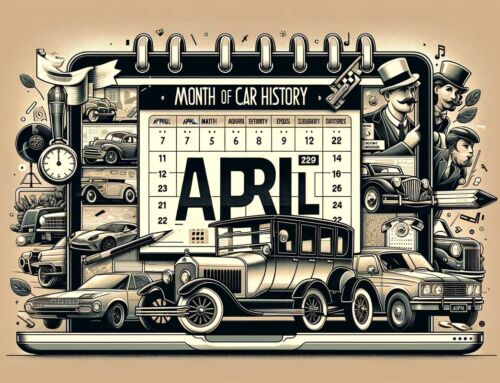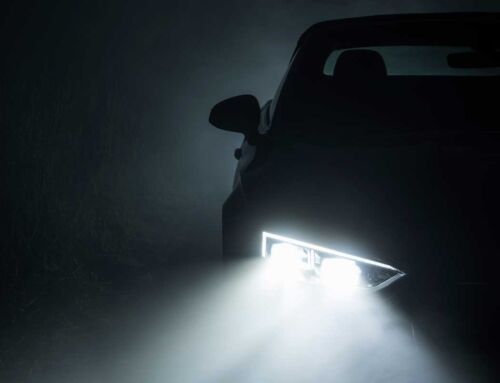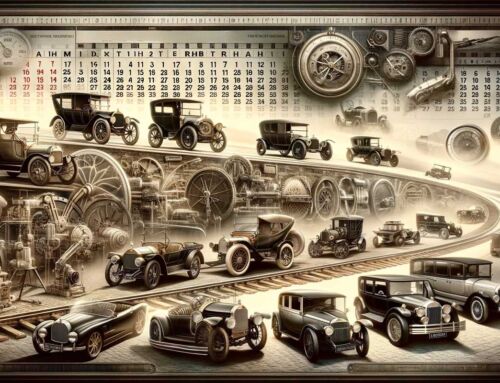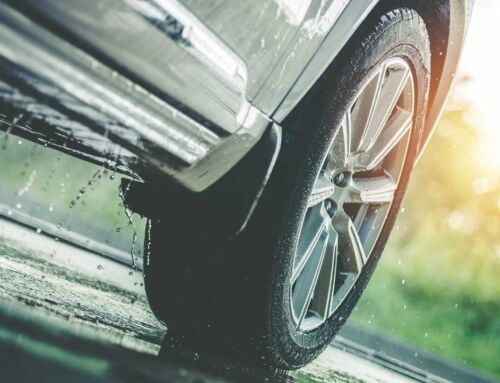The automobile industry has seen some significant highs and lows since this millennium began. Right off the bat, there was a recession in 2001 and it just seemed to snowball from there. From sales and profitability to pension funds and oil prices, no part of the business escaped the 9/11 tragedy and the stock market decline of the early 2000s unscathed. The three largest automakers, General Motors, Ford Motor Company, and Chrysler responded to sharp falls in sales by raising debt and discontinuing some brands. Here’s a look at how the automotive industry has fared since oil prices surged and the Big Three was forced to make changes.
2008 – Big Three crisis
By the time oil prices peaked in 2008, the financial crunch caused by the economic recession forced the Big Three to seek aid from the federal government. Paying attention to what was happening nationwide, and using a little bit of foresight, Ford Motor Company had already raised more that $20 billion dollars in cash two years before the 2008 crisis began. That put them in a better financial position than General Motors and Chrysler, who were both heavily dependent upon light truck sales. Attempting to cut ongoing losses, GM offered lucrative buyouts to its entire U.S. hourly workforce. Unfortunately, those employees had to give up their pensions and benefits. Ford was faring better, but they opted to sell their Jaguar division during the first year of the crisis.
2009 – Temporary relief
The Troubled Asset Relief Program, or TARP, was a government program to purchase financial assets having significantly decreased value and for which there is no longer a functioning market. Legislation was passed by a Democratic Party controlled Congress and signed into law by Republican Party President George W. Bush on October 3, 2008. That alone was a moment in time worthy of being dubbed as historical! Chrysler received TARP funds exceeding $12 billion, and GM received three times as much. By mid-2009, both automaker companies had entered into Chapter 11 bankruptcy.
2010/2011 – Ford feels the crunch
Although they did not request TARP funds, Ford Motor Company still had to downsize their Volvo division, and they completely phased out their Mercury division in 2011. They began rebuilding that same year by borrowing $5.9 billion, devoted to helping their vehicles meet higher mileage requirements. The company modernized facilities in Michigan, Ohio, Illinois, Kentucky, and Missouri to manufacture the more fuel efficient vehicles and components, including the popular EcoBoost series of turbocharged, direct-injection gasoline engines.
2012 to 2014 – Bouncing back
Recovering to the point of having 80,000 U.S. employees and 71,000 U.S. employees respectively by 2012, Ford and Chrysler had reason to be optimistic. They comprised two of the four top-selling automotive companies in the country, joined by General Motors and Toyota. Chrysler saw significantly increased sales of its Ram trucks and Jeep Cherokee SUV after well-managed marketing campaigns.
2016 to present – Production fluctuates
The automobile industry saw its greatest increase in production since the 2008 crisis in 2016. For the first time in history, over 70 million passenger cars were produced worldwide in a single year. According to the Bureau of Transportation Statistics division of the U.S. Department of Transportation, 192,774,508 of them traversed the highways of the United States. Production has since decreased, but foreign automakers in Germany, China, and Japan were the largest producers in 2018.
Final thoughts
The ripple effect caused by the automotive crisis of 2008 has subsided significantly over the last decade. If you’re in the market for a new vehicle, the automotive market looks pretty stable right now. If you’re looking to save money by maintaining your current vehicle and increasing the value by getting rid of those little dents and dings, improving its aerodynamic capabilities with a repaired or replaced bumper, or simply upgrading your look with a new paint job, contact Downtown Autobody in Rohnert Park for all of your auto body needs.





